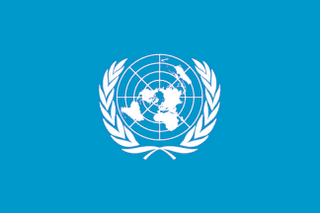
visit the geeky site..
Blogging Nepal’s Stories off going ahead, woes, haves and have-nots, porters and leaders, success and failures, ups and downs, real NEWS stories from NEPAL.


Real Nepalis political scenario in context to things that rule the world of a typical Nepali. Is
While the world is busy innovating, Nepalis find themselves waiting for some one else to do. Let we develop, let the real time bounty explode among us.
This weblog tries to explore key political transforms in the tiny Himalayan nation-
URL: http://politicalNepal.blogspot.com
Email: NepalBlog@gmail.com
Language of the blog: English, occasionally Nepali
Contributors: Every speakers and commentators
Nepal Blogs Network, association
Pointing out that British Gurkhas have been a major source of remittance to Nepal, a representative of the British Gurkha community has urged the Nepal government to grant them dual nationality.
In his working paper presented at the NRN (non-resident Nepalis) Regional Conference in Bunn, United Kingdom, few weeks earlier, Hitman Gurung, a retired British Gurkha Captain, said that British Gurkhas and their dependants who are settled or preparing to settle in the UK are emotionally attached to their motherland and are willing to contribute to the growth of the nation and that a provision of dual nationality would facilitate investment and other contributions in Nepal.
“The British Government has marked history by granting British citizenship to Gurkhas, now it is time for the Government of Nepal to recognize their loyalty by granting them dual nationality which would be most beneficial to Nepal’s overall development,” he said.
In 2004, the British government decided to grant citizenships to Gurkha soldiers as a reward to their loyalty to the British sovereignty.
Gurung further said the Nepal government and the NRNs should work hand in hand in this direction.
As they have not got dual nationality, the next generation of British Gurkhas is at a risk of losing their cultural and linguistic identities as well as their responsibility to the motherland, he said.
“In a few years time, the new generation may not speak Nepali language unless we create the environment to learn Nepali. They may feel it is not necessary. The next generation may not be as lucky as we all are now to have meetings with NRN in Nepali language,” he pointed out, “A prime example is Nepalese in Fiji, where it is too late now, as they speak Hindi due to the influence of Indian community.”
Gurung’s working paper further said that increasing loss in remittance could be rectified by granting dual nationality to the Gurkhas.
There are approximately 3,500 serving Gurkhas in the British Army with nearly 4,600 dependants living in the UK who together earn an average of £13,998,000 per year while 14,000 more ex-servicemen and their dependants are based there. The serving Gurkhas, ex-servicemen and their dependants make a total of £172,375,800 per year, of which major chunk comes to Nepal.
Including the British Gurkhas, there are over 40,000 Nepalis, including students, living in UK who earn an estimated £576,000,000 a year.